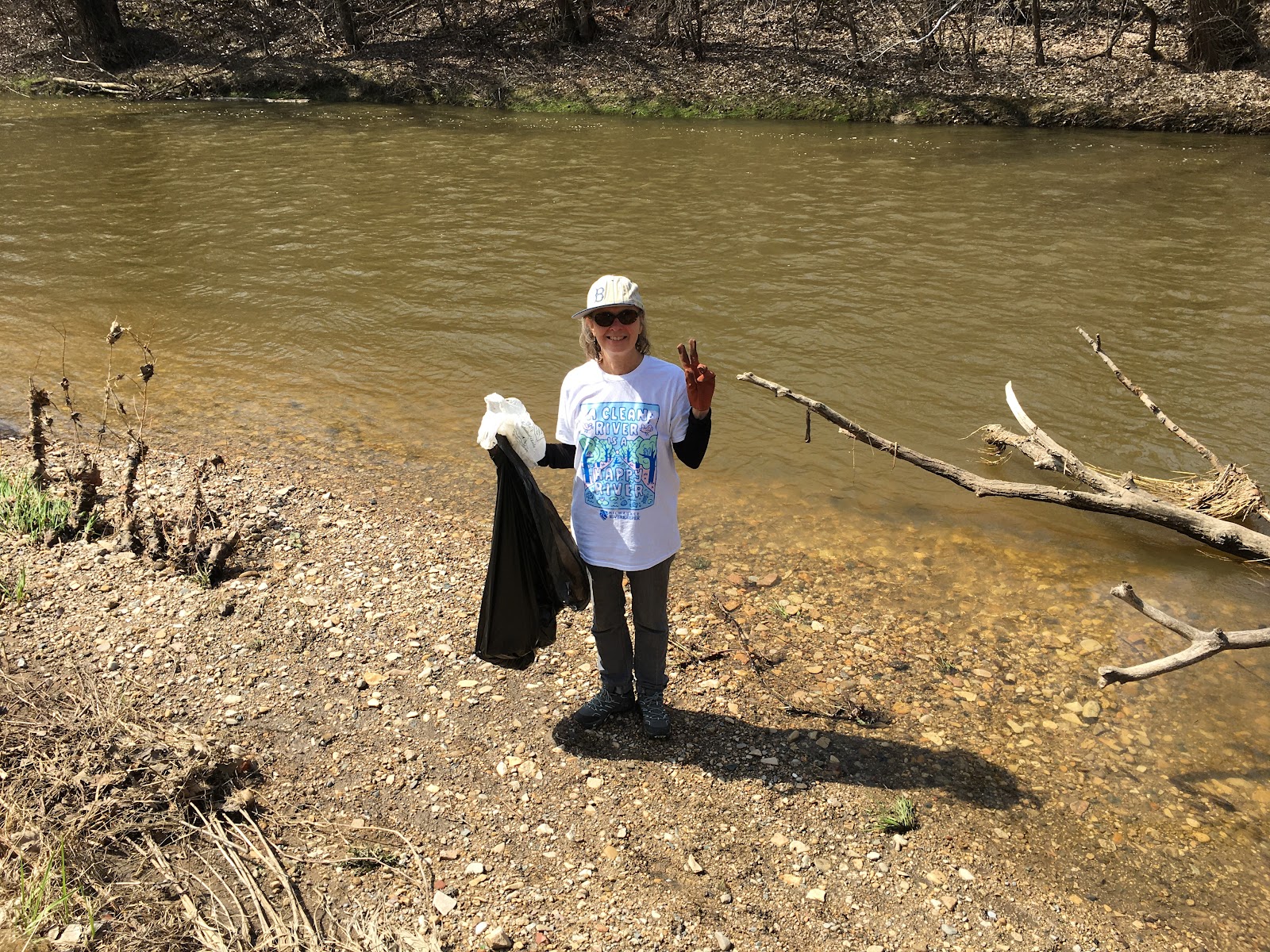I'm still here.
And thankfully, if you are reading this -- YOU ARE TOO!
It's been a while since I posted. That's because I had nothing new to report -- not even any insights into how I feel about cancer -- or how it feels about me. My personal battle against rogue cells pales by comparison to all the other wars.
I'm still on oral chemo. But the dose was reduced last fall -- which means I can resume activities like swimming. My main trouble is the need to rub some lotion on my hands and feet. Or sometimes sit with a hot cloth over my eyes. I highly recommend these activities even if you aren't on drugs!
My most recent CT scan revealed that everything is stable. I've had 4 scans now. During them, my focus has been on lying still inside the machine. I hadn't even wondered what magic revealed my body's secrets until a recent article in the NY Times told me that the invention of the CT scan was inspired by CALCULUS. Don't worry, I won't even try to explain that math. (Calculus class brought my mathematical education to an abrupt end.)
Luckily Godfrey Houndsfield understood how it could be useful. An X-ray shoots one beam. It changes as it passes through your body. The resulting image can't tell where or even exactly what caused the alteration. A CT scan, however, uses thousands of beams. They come at my torso from multiple angles. Each beam is altered by whatever tissue it passes through. A computer is able to sort out what caused each alteration. And where that something was. From all that information, an image is produced.
In 1979 Houndsfield won the Nobel prize for Computer-assisted Tomography.
The CT images are a fantastic medical diagnostic tool. We wouldn't have them without inspiration, science, technology, and access to medical care. CT images also remind me of the importance of multiple points of view.
Enjoy what you can of our beautiful world.
I'm going to do what I wasn't allowed to do last summer . . . jump in the lake!







